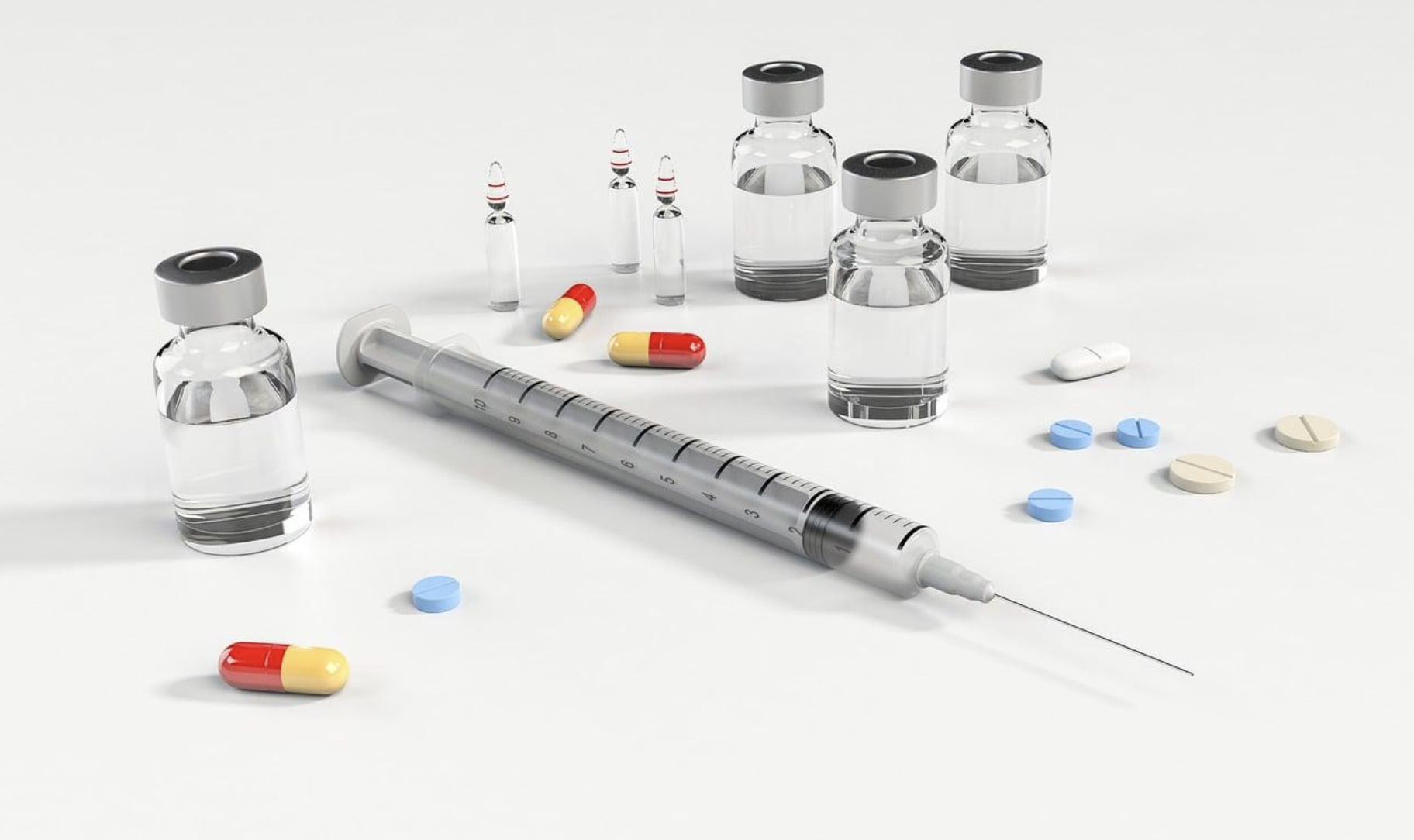
[위즈덤 아고라 / 이석현 기자] Scientists at the University of Oxford have found that specific proteins in the blood could signal the presence of cancer more than seven years before clinical diagnosis. The study drew blood samples from over 44,000 participants in the UK Biobank, including 4,900 who were later diagnosed with cancer.
The research identified 618 proteins linked to 19 types of cancer, including colon, lung, non-Hodgkin lymphoma, and liver cancers. 107 proteins were associated with cancers diagnosed more than seven years after the blood samples were collected, and 182 proteins were strongly linked to cancers diagnosed within three years.
Dr. Keren Papier, a senior nutritional epidemiologist at Oxford Population Health and joint first author of the study, said that “[t]o save more lives from cancer, we need to better understand what happens at the earliest stages of the disease … [and] how the proteins in our blood can affect our risk of cancer. Now we need to study these proteins in depth to see which ones could be reliably used for prevention.”
In a related study, researchers examined genetic data from over 300,000 cancer cases and identified 40 proteins in the blood that influence the risk of developing nine types of cancer.
Mark Lawler, chair in translational cancer genomics and professor of digital health at Queen’s University Belfast, hailed the research as a pivotal step forward.
“The data are impressive – finding evidence of cancer before it has manifested itself clinically provides a critical window of opportunity to treat with a greater chance for success, or even more importantly to achieve the holy grail of preventing cancer before it can even occur,” he said.
Lawrence Young, a professor of molecular oncology at the University of Warwick, echoed this sentiment and highlighted the dual benefits of early detection and risk assessment.
“Determining protein changes that precede the development of cancer is not only important in identifying high-risk individuals but could also provide insights into factors responsible for causing cancer,” he explained.
Funded by Cancer Research UK and published in Nature Communications, these studies suggest that further research into these proteins could pave the way for new preventative measures and treatments to transform cancer care. The findings offer hope for earlier and more effective interventions to reduce the burden of a disease that affects one in two people in the United Kingdom during their lifetime.
Sources: The Guardian, Technologyworks.com, Cancer Research UK





